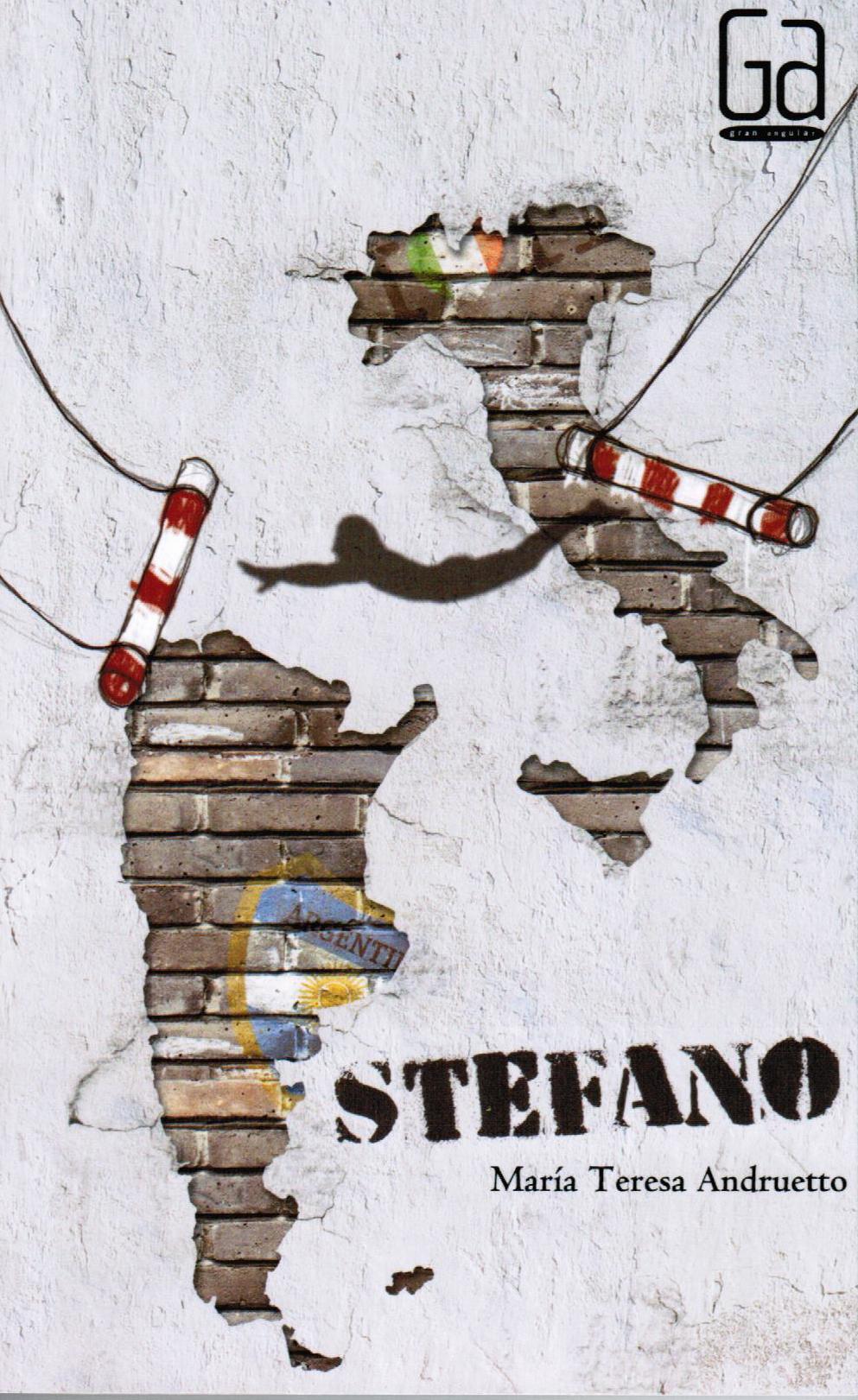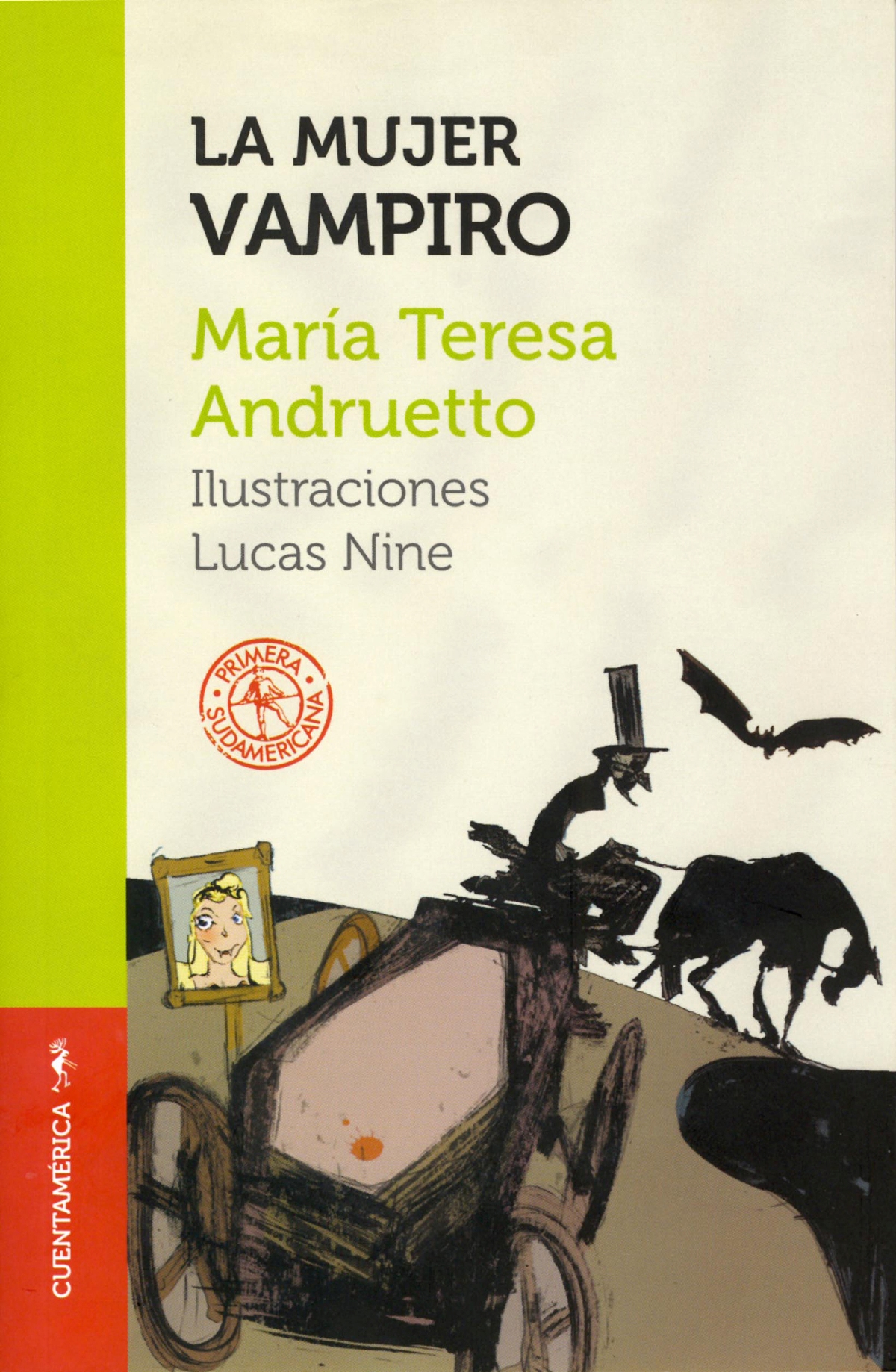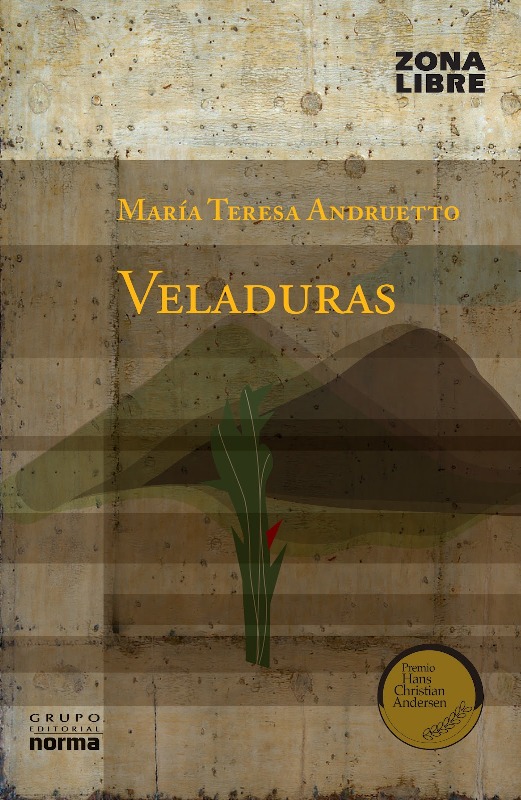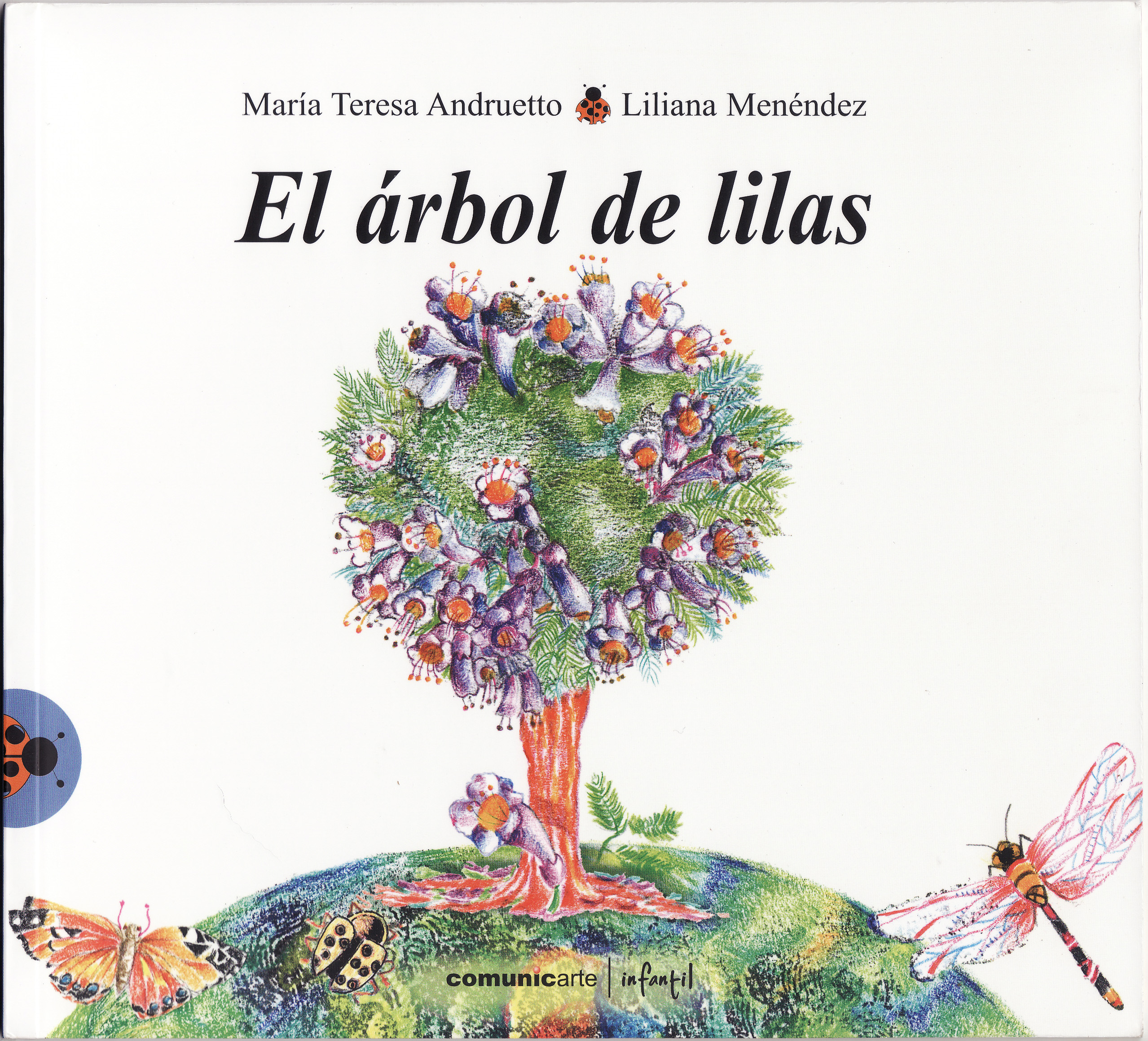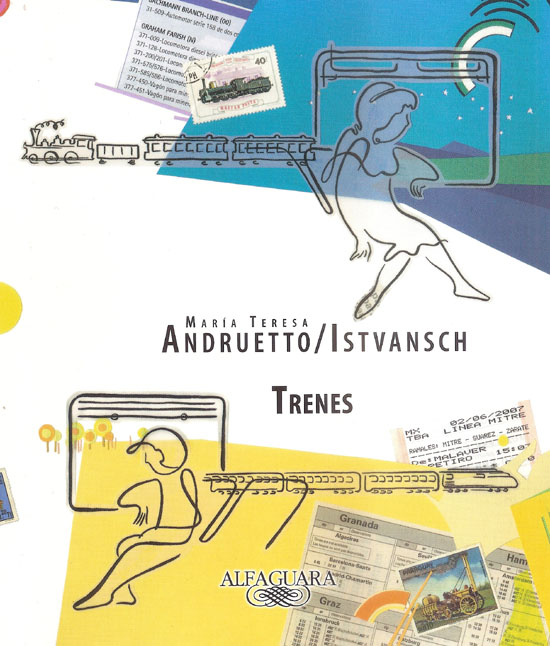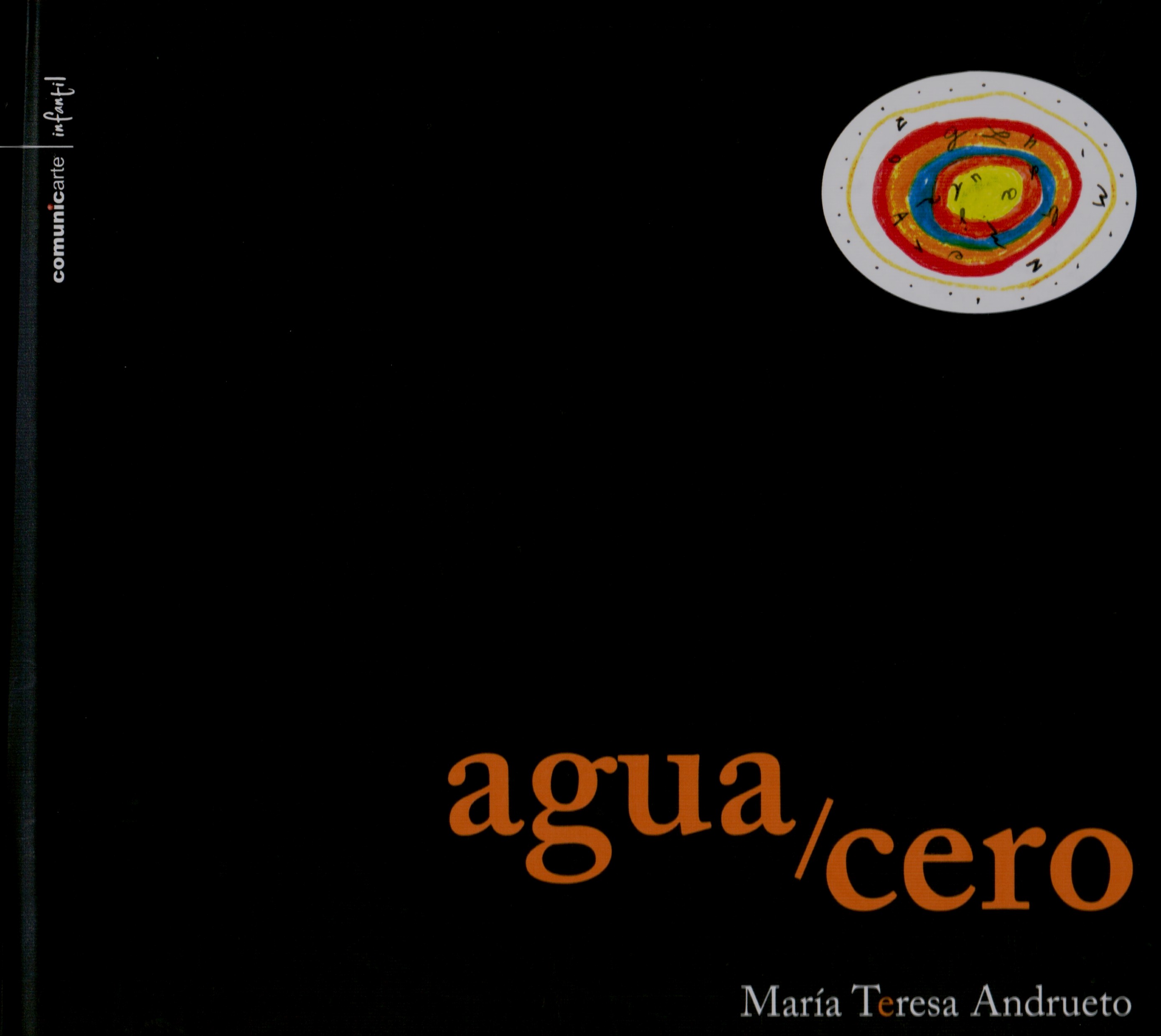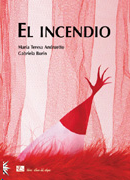
Reading, another revolution (La lectura, otra revolución)
The question is not whether nowadays there are more readers or less, but what to do to improve the quality of readers themselves. A task that not only involves families and schools, as reading areas where we can grow a conscience about ourselves, but also engages writers and publishers that, through their jobs, create one kind of readers or another depending on how they resist or comply with the demand of a single way of telling. According to this, Andruetto maintains, literature is a realm of contempt capable of guiding readers, in the course of reading, through risks, struggles and the difficult task of facing their failures. In the act of reading, a book becomes a living entity, it poses questions, disturbs us and teaches us to look beyond what we know of ourselves. And these kind of books ask for a reader who can understand that the only freedom of thought is the freedom we earn. This is the revolution we must undertake in the realm of reading.
With a critical eye, María Teresa Andruetto traces in these essays—most of them from lectures, forums and conferences about children’s and young people’s literature and the promoting of reading—different paths to the understanding of what reading means nowadays.
Andruetto travels around her country and the world with a constant reflection on the value of the word and of art. For everyone, because she has succeeded, particularly with this text. Graciela Melgarejo, ADN Cultura
La lectura, otra revolución offers an encounter with the multiple inflections and shadings of a voice which works in the land of what is unique, there indefatigably searching for the resonances of the world’s other voices. From our places as readers of literature, the construction of a voice of one’s own that go against the grain of all the only right ways and all the all-encompassing points of view can become a transformational posture: that of those who take risks,of the non-complacent, that of the allies of enigma. Another revolution. Cecilia Bajour, Bazar americano
Her essays are popular among facilitators, both in formal and non-formal contexts. They’re shaped like stairway steps where we can find some rest, and at the same time, like trenches, where we can find some shelter and (re)think our ideas about literature, childhood, langage, and personal readings. Revista Catalejos
Published by: Spanish wordwide Fondo de Cultura Económica/Portuguese Edições Sesc SP
For other countries available
Audiobook Storytel

